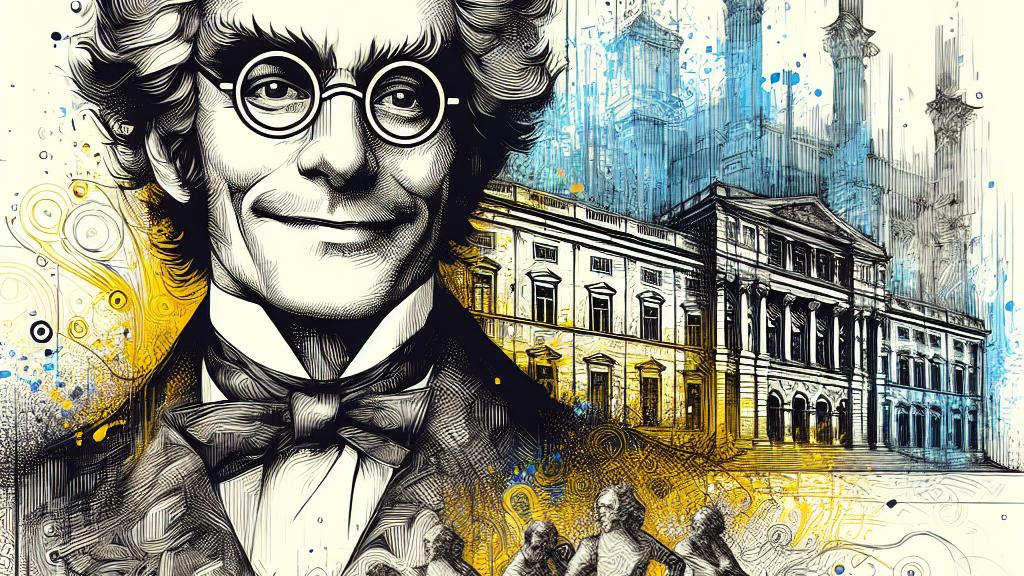Understanding the Controversy Behind the Cancelled Ad in a Major Newspaper
Overview
- The Washington Post's controversial ad cancellation sparks outrage.
- Ad boldly demanded Musk's removal from the DOGE role.
- Censorship concerns arise, questioning media integrity.

A Shocking Turn of Events
In a striking move that has captured national attention, the Washington Post—from its prominent position as a leading U.S. newspaper—canceled an advertisement that was not only eye-catching but also mentally provocative. The ad, organized by the advocacy group Common Cause, aimed to challenge President Trump explicitly to 'fire Elon Musk' from his high-profile role in the newly established Department of Government Efficiency (DOGE). Imagine seeing Musk's image, laughing behind the iconic White House, with the audacious question blaring: 'Who’s really in charge here?' This ad had the potential to ignite fierce discussions about leadership and accountability. Yet, its sudden cancellation, executed without any given reason, has sent shockwaves through the community, raising immediate questions about underlying censorship.
Censorship: The Elephant in the Room
This unforeseen decision hasn’t just elicited confusion; it has sparked widespread fears about censorship in an era where media outlets are increasingly vulnerable to external pressures. The bottom line is this: How can the Washington Post—a beacon of journalistic integrity—maintain public trust if it stifles critical dialogues? Observers worry that, under Jeff Bezos's ownership, the Post may be prioritizing corporate interests over the essential role of an independent media. As one commentator put it, 'Allowing the powerful to dictate narrative is a dangerous game; it suffocates the very essence of democracy.' By pinching out dissenting voices, the Post's credibility takes a hit, and the foundation of a well-informed public erodes, leading to a society less equipped for healthy debate.
The Broader Political Context
To frame this incident properly, we must acknowledge its broader political implications. Recently, the Washington Post made headlines again by announcing that it will not endorse any presidential candidates for the upcoming election—marking a significant departure from decades of tradition. While leadership claims this decision promotes impartiality, many argue it reflects a reluctance to take a stand during critical moments in our political landscape. For instance, an employee lamented, 'This feels like walking away from our responsibility to guide our readers.' The discontented voices, some of which are threatening subscription cancellations, signal a growing unease among loyal readers who depend on the Post for candid reporting. One frustrated subscriber even stated, ‘As a dedicated reader for over thirty years, I feel betrayed. It’s as if the light guiding us through darkness is being dimmed.' In the relief of challenging power structures within democracy, the media cannot afford to retreat or eliminate its role as a watchdog. Otherwise, it risks allowing the powerful to run unchecked.

Loading...